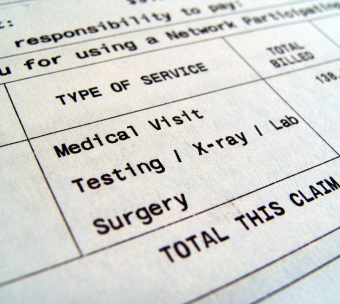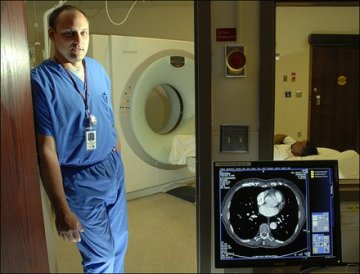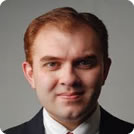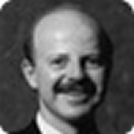Physician Income?
 By Mehul Sheth DO
By Mehul Sheth DO
When giving talks on personal finance to medical students and residents I see that 'look' in the eyes of my audience.
It’s a look that says “you can make it sound easy, but that’s because you’ve written articles and given talks about it.” This is despite my introduction specifically mentioning that I was naive about money and investing prior to starting medical school. I was incredibly fortunate to grow up in a family that followed the tradition of supporting kids in their education, allowing me to focus on my academics. I did have a number of jobs growing up, including working three part time jobs in college at once, but no one except me relied on that income-unlike now, when my wife and three kids depend on my job to pay off our bills. I was naïve enough about money that I believed the prevailing thought during medical school to not worry about the hundreds of thousands of dollars of debt we were accumulating-we were going to be doctors after all!
This laissez faire attitude gave way to anger. During medical school and residency I couldn’t help but look around at those treating us so nicely with some distrust. Why is a financial advisor so excited to buy me lunch? Why are physician recruiters so interested in helping me find the right job? Why are banks willing to give me a 100% loan based on an employment contract and not actual pay as most of America now has to? The answers to these questions were what made me so mad-that physicians are easy to take advantage of. I have a number of friends in the world of finance and when I talked to them they told me what I already suspected-docs are easy targets. We have that rare combination of high-end, steady income and low interest or knowledge on matters of money. Because of this there are a lot of folks who would like to help make our lives easier by taking a slice of our income. A great parallel is the band TLC from the 90's. Despite being quite succesful, they filed for bankruptcy, partly based on the fact that there were too many people taking too many pieces of that pie.
So I decided to see if personal finance was really that difficult to figure out. The financial advisors had come in talking about 401(k)’s and Roth IRA’s and tax implications, making it sound daunting enough that I didn’t even want to look into it. What I learned was incredibly surprising-with a little bit of interest and about 1 hour a month you can learn everything you need to know about personal finance. I was lucky enough to start during residency and with that little bit of time commitment I have handled all my personal finances without the help of an accountant, financial advisor, or tax-man.
The key is that when you are in residency you don’t have much money coming in. Which also means that there’s not much to do-setting up a Roth IRA is about it. I used those years to learn about the Roth and filing my own taxes-much easier than you think. As my family expanded and my investments diversified, I spent about 2 hours a month on average keeping up with all of it. I now manage our daily finances, 4 retirement accounts, 2 investment properties, 3 kids college funds, a full time job and a number of consulting jobs with income-all without outside help. And the beauty is that you can also.
Where I started is more and more surprising as I get more into personal finance-Suze Orman! As a relatively more sophisticated investor now, I find some of her advice appalling, but she was the perfect fit as I was getting my feet wet. I used her book-Suze Orman’s Financial Guidebook-to walk me through some of the basics of personal finance. It was incredibly simple and with those small pieces of success my confidence built. There are hundreds of great authors on finance-Robert Kiyosaki, Benjamin Graham come to mind-but Suze does an amazing job of giving black and white answers when you are just starting out.
If you find that there are too many cooks in the kitchen, then pick up Suze Orman’s Workbook and take back some of that control.
About: Mehul Sheth DO is a physician executive with Allscripts and career coach. His expertise is at the intersection of medicine, technology and social media, having used Twitter, Facebook, and LinkedIn to effectively engage with a wide variety of nonclinical jobs and opportunities. Dr. Sheth is accessable via his LinkedIn profile and his blog at http://techpedsdoc.wordpress.com





 2 Comments
2 Comments





